




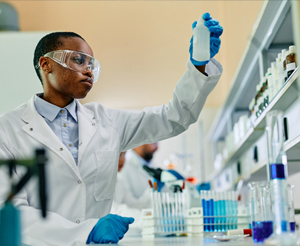
Science, Technology, Engineering and Mathematics—STEM, and therefore, STEM education—are vital to our future— and George Mason University’s Global Learning Institute seeks to be at the forefront of this important academic endeavor. Through a partnership with Mason’s College of Science and the AGM Institute, Mason will host a two-week summer boot camp for students interested in STEM fields, research, lab work, and how to find a rewarding science-related career. During this two week program, students will engage in hand-on, experiential learning and lab-based intellectual experience in biology, physics, chemistry and forensic science. They will team up and work closely with GMU STEM faculty and students.
George Mason University’s Global Learning Institute provides educational programming tailored to advance students’ goals, objectives, and skills while familiarizing them with Mason’s expertise in today’s most in-demand subjects. Science, Technology, Engineering, and Mathematics (STEM) subjects are some of the strongest academic units at George Mason University, and the GLI is proud to partner with the College of Science to bring these lessons to students beyond our campus through the 2015 Summer STEM Research Program.
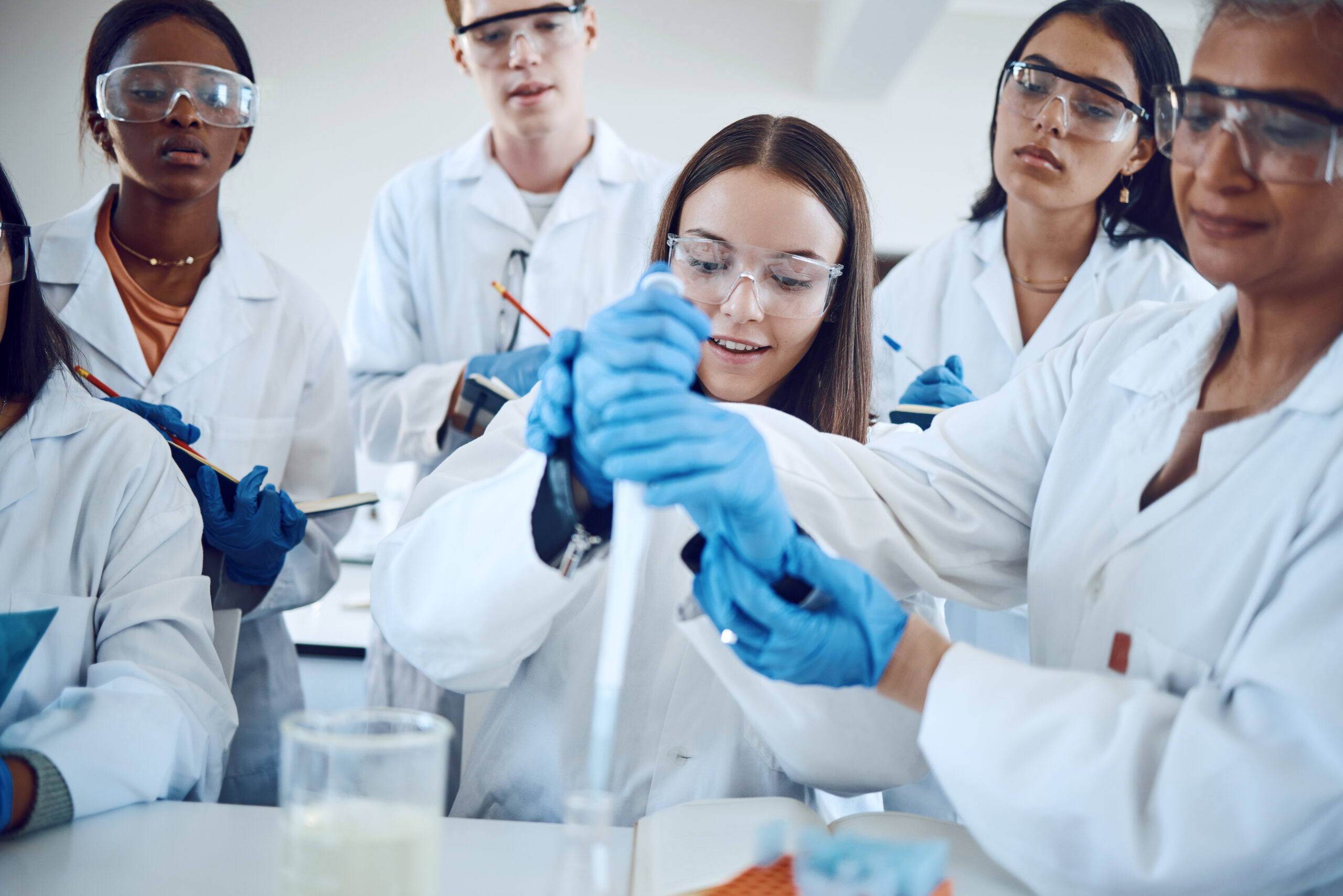
Students will break into teams for two two-hour modules per day that will focus on academic instruction and content-based activities, in addition to building a final design challenge together. Specifically, each team will:e110222072
1. Build a Sea Perch ROV, an aquatic rover developed by the Department of Navy to promote STEM among
students from 8th grade to undergraduate level. Building the unit will require development of basic lab skills. Understanding how the unit works will be the subject of the Physics of the Sea Perch discussions.
These discussions will include hands-on lab exercises that examine fundamental physics concepts essential to the building and use of the Sea Perch.
2. Conduct a biological (aquatic microbiology and ecology) and chemical (environmental chemistry) investigation of the ecosystem. Experimentation will include field study as well as in-lab essential exercises that will develop skills 100803550erequired to analyze biological and chemical data collected.
3. Students will complete a pre- and post- assessment as well as write a reflection of the lab experience at the end of the week.
These products will be used for study and to improve the experience for future students.
George Mason University’s Global Learning Institute was founded in 2012 to support the university’s long held goal of being a “global convener of ideas with impact”. This is particularly true for Mason’s College of Science which injects traditional science education with interdisciplinary scientific domains, resulting in trailblazing students able to tackle today’s most challenging problems. During this two week program, students will be engaged in hands-on, experiential and lab-based intellectual experience in biology, physics, chemistry and forensic sciences. They will work closely with STEM faculty members from the STEM Accelerator team during (10) two-hour modules (two modules per day) as a team. Along with their contentbased activities, students will collaborate and work in teams to build a design challenge.
1) Build a Sea Perch ROV, an aquatic rover developed by the Department of Navy to promote STEM among students from 8th – university level – building the unit will require development of basic lab skills. Understanding how the unit works will be the subject of the Physics of the Sea Perch discussions. These discussions will include hands-on lab exercises that examine fundamental physics concepts essential to the building and use of the Sea Perch.
2) Conduct a biological (aquatic microbiology and ecology) and chemical (environmental chemistry) investigation of the ecosystem. Experimentation will include field study as well as in-lab essential exercises that will develop skills required to analyze biological and chemical data collected.
3) Students will complete a pre- and post- assessment as well as write a reflection of the lab experience at the end of the week. These products will be used for study and to improve the experience for future students.
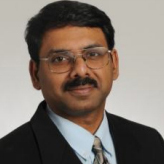
Ph.D., Applied Mathematics, UMBC
Experiential Learning
Areas of Expertise
Dr. Seshaiyer’s research interests are in the broad areas of Computational Mathematics, Scientific Computing, Computational Bio-mechanics and STEM Education. He has won several prestigious awards, including the President's Excellence Award in Teaching which is the highest award for teaching offered at two different institutions. He is also one of the NiftyFifty speakers for the USA Science and Engineering Festival and also has given a TEDx talk.
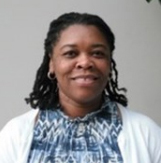
Ph.D., Molecular, Cellular and Developmental Biology
Biostatics and Genetics
Areas of Expertise
Dr. Davis teaches undergraduate cell biology and genetics, and serves as the Math and Science Accelerator for Department of Biology.
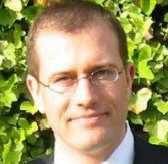
Ed.M., Secondary Science Education
Columbia University
Biology
Areas of Expertise
Dr. Schwebach is a faculty member of the Biology Undergraduate Program. Before coming to Mason, he was an American Association for the Advancement of Science (AAAS) sponsored "Science and Technology Policy Fellow" at the National Science Foundation, in The Division of Research and Learning.
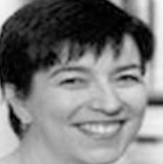
Ph.D., Physical Sciences
George Mason University
Physical Science
Areas of Expertise
Dr. Ewell’s research interest is in Astrobiology, specifically theorized Ancient Marian atmospheres and the possibility of life, extant of extinct, on Mars.

M.S., Forensic Science
Virginia Commonwealth University
Biology
Areas of Expertise
Prof. Knight has an educational background in Chemistry, Biology, and Forensic Science. She teaches both undergraduate and graduate courses and is the STEM Accelerator who provides guidance, mentoring, and recruitment for undergraduate students in the Forensic Science Program.
